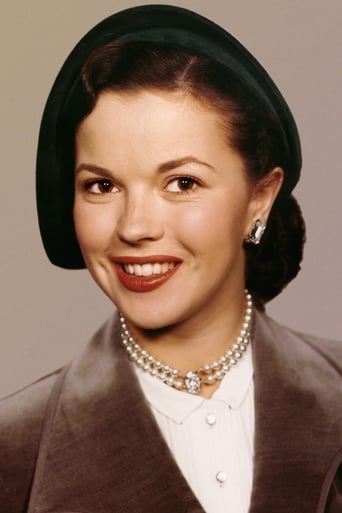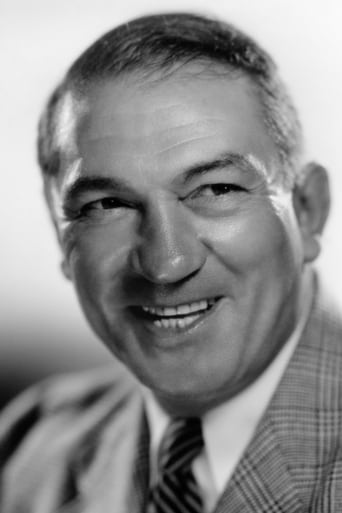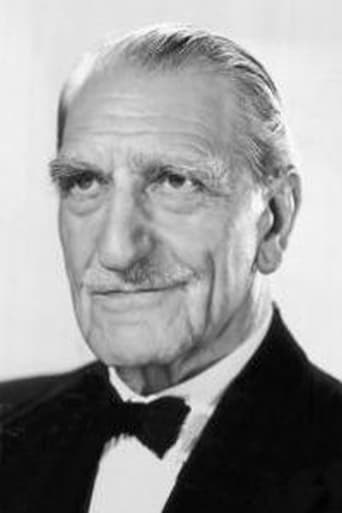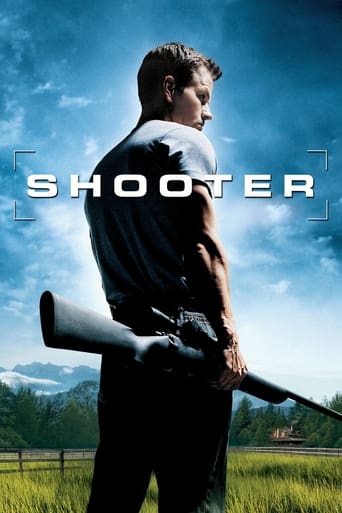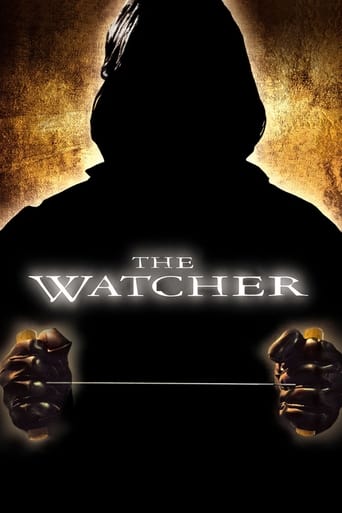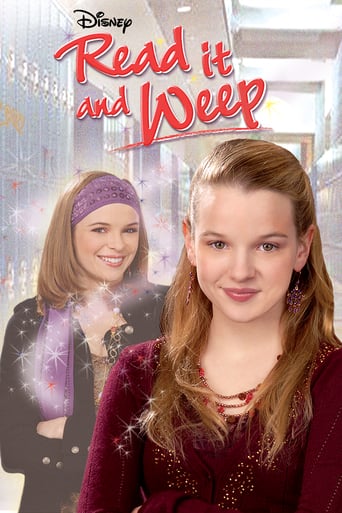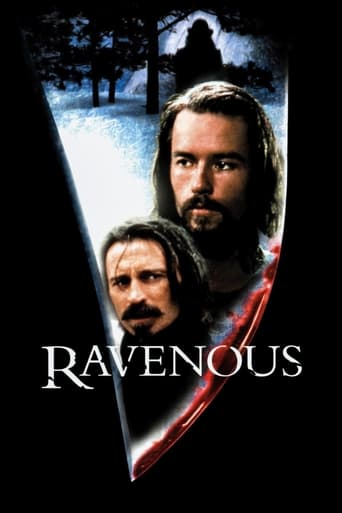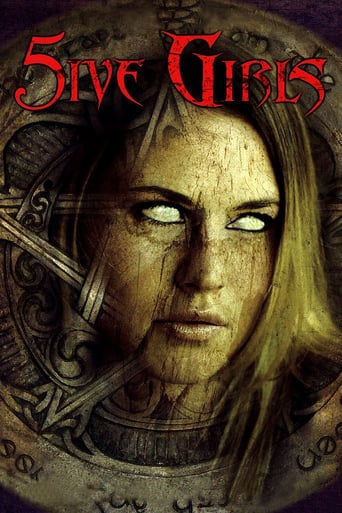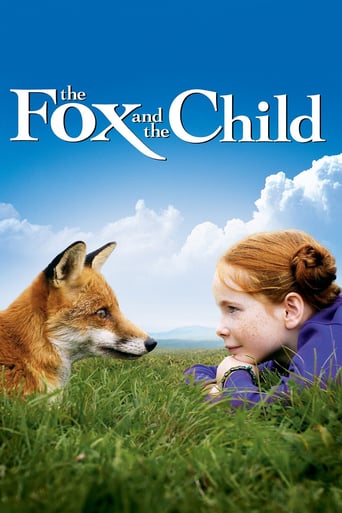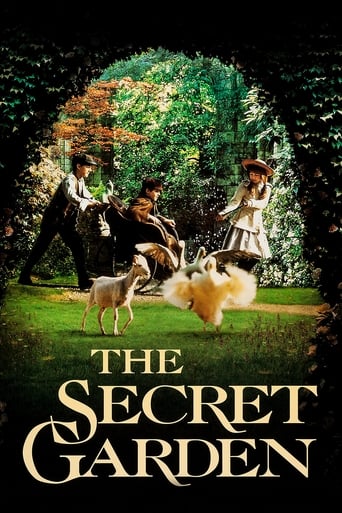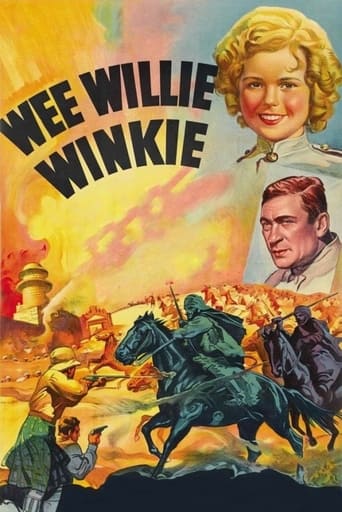
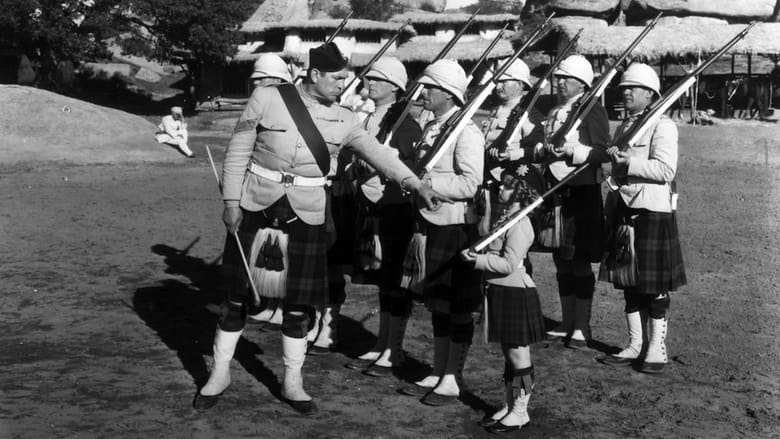
Wee Willie Winkie (1937)
In 1897, little Priscilla Williams, along with her widowed mother, goes to live with her army colonel paternal grandfather on the British outpost he commands in northern India.
Watch Trailer
Cast


Similar titles
Reviews
Copyright 30 July 1937 by 20th Century-Fox Film Corp. New York opening at the Roxy: 23 July 1937. U.S. release: 30 July 1937. Australian release: 6 January 1938. 9,615 feet. 107 minutes.SYNOPSIS: The adventures of a little girl at an 1890's British Army post in Rajpore, India, where her grandfather is Colonel. In addition to finding a most suitable husband for her widowed mother; softening the unsociable, irascible, by-the-rule-book old colonel's heart; making friends with a reluctant drummer-boy; and wheedling herself into the good graces of the hard-bitten sergeant-major; she charms a bandit war lord into signing a peace treaty.NOTES: Darling and Hall were nominated for Hollywood's major annual award for their Art Direction, losing to Lost Horizon. Number ten at the U.S./Canadian box-office for 1937.COMMENT: Ford's admirers seem surprised that he took on this assignment. Perhaps he did it reluctantly, they suggest. No, tells them most emphatically, he really enjoyed making Wee Willie Winkie. And why shouldn't he? Evidently he was given a free hand to have the writers expand McLaglen's material, and this is exactly the sort of horseplay in which Ford delights. And thanks to particularly astute and ingratiating acting by Temple, McLaglen, Smith, Scott — and in lesser parts Collier, Cook and Braham ("The rascals are pulling your leg!") — it comes across most effectively. Although she has only a snatch of song (at least in the 1995 version under review), Miss Temple is at her best. It was entertainingly ingenious of the writers to change the six-year-old boy hero of Kipling's short story (which is no more than a mere four or five thousand words in length) to a spunky little girl instead. In the original, the lad is the son of the 195th's colonel. Making the colonel a grandfather provides a great part for Sir C. Aubrey Smith who is able to act out an amusing variation of his Lord Fauntleroy role. It's also a joy to see so many of Hollywood's English colony in support parts, especially (besides those already mentioned) Gavin Muir, Brandon Hurst, George Hassell ("My word!"), and Victor's real- life brother, Cyril.In Kipling's story, the always-getting-into-trouble/mischief Winkie breaks arrest to ride after Coppy's fiancée (Miss Allardyce) across the forbidden river. This simple plot is cleverly expanded to provide many delightful turns and routines, plot twists and character conflicts. One of the most colorful twists turns Hollywood's stock "funny" Chinaman character (superbly played by Willie Fung, giving the performance of his life here) into a devious, murdering spy.Handsomely photographed and set — the film was originally released with sepia and blue tinted sequences — Winkie fully deserved its box- office success.OTHER VIEWS: My favorite role. I liked everybody in the cast, especially C. Aubrey Smith and Victor McLaglen. I also remember gratefully the gentleness of director John Ford. Outwardly he's a rugged person; but inside he's kindly and even sentimental. — Shirley Temple.The "colorisation" vandals have been at this one — and a very poor job they have done of it too! I don't know why the original tinting wasn't restored. Instead the Goths have done their best to wreck the beauty of the camera-work, the artistic qualities of the award- nominated sets, the "color" of the period costumes, and even the stylishness and emotional impact of Ford's direction.Rudyard Kipling's very short story (about 15 pages of large type) bears extraordinarily little resemblance to this film version which should be credited as "suggested by" rather than "based on". In the first place, Wee Willie Winkie is a six-year-old, mischievous boy named Percival William Williams who lives with his father, Colonel Williams. He names Lieutenant Brandes (spelt "Brandis" by Kipling) "Coppy" because of the color of his hair, a detail which the screenwriters neglect to mention. In the original story "Coppy" romances Miss Allardyce who appears but briefly in the film. In the original story, there are no equivalents of the characters played by June Lang (the pretty but not particularly memorable heroine), Victor McLaglen (whose scenes with Shirley are virtually the film's raison d'etre), Cesar Romero (always so much more believable as a suave villain as here than as a romantic hero in which he was so often miscast) and many of the minor characters such as Gavin Muir's smooth but having-little-to-do Captain Bibberbeigh. Miss Temple is in excellent form though her fans will be disappointed she has no songs or dances. C. Aubrey Smith is inclined to over-do his gruff soldier mannerisms but Willie Fung is perfect in the most important role of his career as the slimy, treacherous Mohammed Dihn. John Ford's direction is not particularly evident and even McLaglen's funeral parade while fairly lavish is routinely handled. "Wee Willie Winkie" is probably the most uncharacteristic of all Ford's films and it cannot be wholly argued that the script was to blame. For although it is dated and follows a wholly conventional pattern, it does allow some opportunities for the sort of dramatization Ford usually excels in and revels in, rather than handle in the competent but routine manner here. Arthur Miller's photography reflects his usual high standard, the costumes are attractive, some of the sets impressive and when all is said and done there are scenes that linger in the memory.
I've seen "Wee Willie Winkie" dozens of times and it's always fresh and interesting. Shirley doesn't dance and only sings a little. John Ford directs in his straight ahead "cavalry" mode, with the usual hearty horseplay, humor and heroics. There's a touch of tragedy when gruff Sgt MacDuff dies. The Sarge is played perfectly by the great Victor McLaglen, who made a career of playing tough, but lovable sergeants (see John Ford's cavalry trilogy with John Wayne), is terrific holding his own with the angelic Shirley. Incidentally, they also appeared in Ford's great "Fort Apache". The film is based on a Rudyard Kipling adventure, but Wee Willie is a boy in the written story, of course, the role becomes a girl's for her. The story takes place in Northwest India, where Shirley and her widowed mother arrive at the British outpost to stay with the colonel, who's Priscilla's grandfather. The colonel, portrayed by C Aubrey Smith is of course, the universal ramrod straight arrow who is befuddled by his granddaughter. Sgt MacDuff takes a liking to Priscilla and renames her Pvt Wee Willie Winkee. He lets her participate in drills, but he gets in trouble for it. He gets her a uniform and carves a miniature rifle. Kodha Khan, a rebel chieftain is captured and held in the fort's jail, but his tribesmen spring him during a dance held by the British officers. A patrol led by Priscilla's mother's beau, Capt "Koppy" is ambushed and Sgt MacDuff is badly wounded. He dies and Priscilla sings a heart rending "Auld Lang Syne". After the sergeant's funeral, Wee Willie goes with the treacherous Muhammad Dihn to talk to Khan in an effort to avert war. The regiment moves out to get her back safely. Priscilla charms Khan, who is well played by Cesar Romero, and he agrees to meet with the colonel. Shirley does it again, war is averted and the family is reunited. This is done in such a great manner that Shirley's cuteness doesn't overwhelm the picture. By the way, the colorized version features some really odd hues that don't seem natural. Altogether it has great acting, superior directing and a solid plot.
Surprisingly great John Ford film starring Shirley Temple. I was unsure if I could stand her cuteness for an hour and forty minutes, but I was never as annoyed as I expected to be. She's actually quite - good (I'll probably never live that down, will I?).Once in a while, she got a bit cloying, but for the most part I enjoyed her performance. Believe me, though, John Ford and his screenwriter were careful to balance her with the rest of the film, which is indeed quite masterful. All of the other performers are pitch perfect, including C. Aubrey Smith, Cesar Romero, Michael Whalen, Constance Collier, June Lang, and especially Ford regular Victor McLaglen. He's amazing, as always. The story, based on a Rudyard Kipling book, is very good. Lang plays Temple's mother. Her husband has apparently died, and she accepts the gracious invitation of her father-in-law (Smith), a colonel in India, whom she has never met. While there, Temple becomes a sort of a mascot of the soldiers, with Sgt. MacDuff (McLaglen) taking care of her and teaching her how to be a soldier. Another soldier (Whalen) courts Temple's mother. Cesar Romero plays Khoda Khan, a bandit prince who is being held prisoner in the fort. Ford's direction is as exciting as ever, and the cinematography is halfway between the expressionism of The Informer and the naturalism of Stagecoach. The musical score is also quite good. One might object to the colonialist viewpoint of the film, but, to be fair, Wee Willie Winkie is a lot more palatable in that respect than George Stevens' much more famous Gunga Din is. 9/10.
India - the 1890's - the North-West Frontier. Precocious young Priscilla arrives with her widowed mother to live with the grandfather they've never met, a stern old Army Colonel. Gaining the nickname of Private WEE WILLIE WINKIE, the little girl quickly charms nearly everyone around her, including a tough Scots Sergeant. But it is her influence with the local bandit chief that portends the greatest impact on all their lives.This was arguably Shirley Temple's finest film. It is certainly her most lavish. Fox & director John Ford fashioned a mini-epic with great atmosphere and much to please family viewers. The detailed sets & huge cast of extras do the picture proud.Shirley is wonderful, as usual, in her own unique way, but this time she has a couple of co-stars that can hold their own with her. Victor McLaglen is every inch the embodiment of a bluff British sergeant - and well he should, given his real-life background as a boxing champion and Provost Marshal of Baghdad. Gruff & tender by turns, he gives an unforgettable performance. As Shirley's grandfather, marvelous old Sir C. Aubrey Smith gives another sterling portrayal as the archetype of the colonial officer class - crusty & domineering.The rest of the cast is equally enjoyable: Cesar Romero as the chieftain; June Lang & Michael Whalen as Shirley's mother and her new lieutenant friend (fortunately their romance is unobtrusive); Willie Fung as the giggling, treacherous house boy; and Constance Collier as the waspish wife of a brigade officer.


